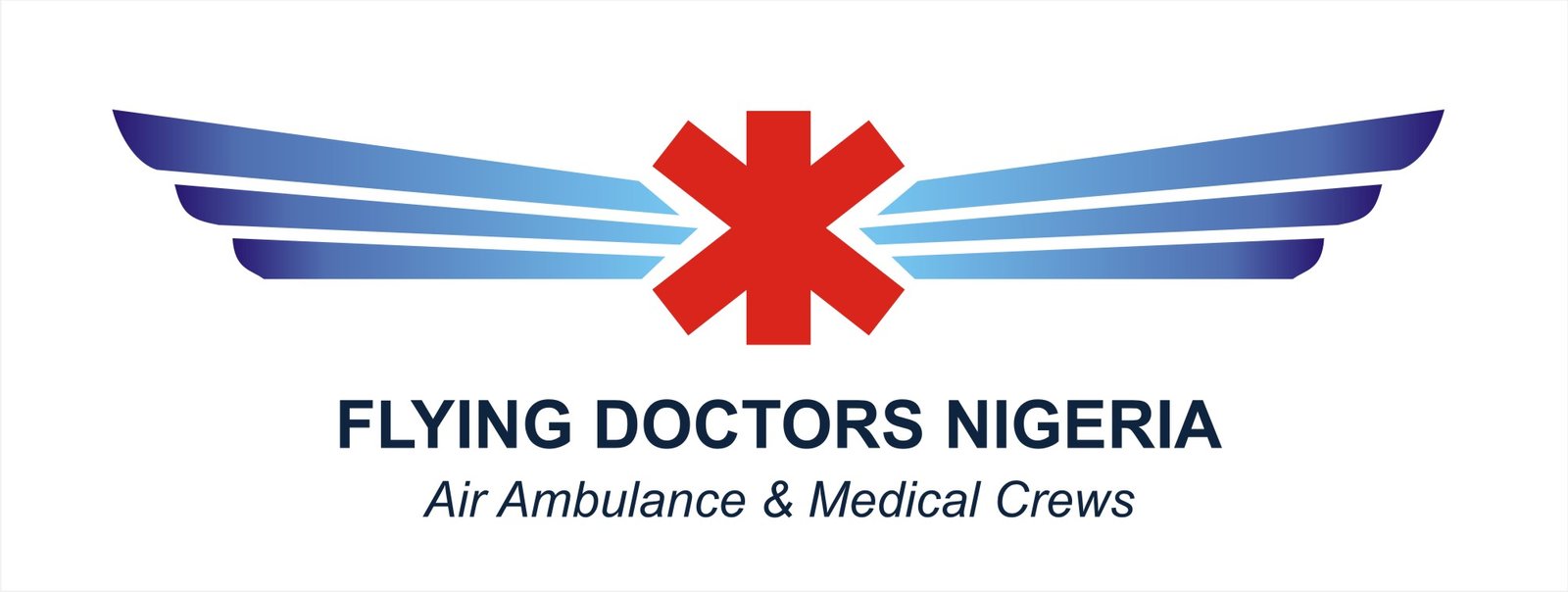Lung cancer is a group of cancers that starts in and primarily affects the lungs. Cancers are the second leading cause of death globally. Of all the cancers, lung cancer is the leading cause of cancer deaths among both men and women. It claims more lives each year than do colon, prostate, ovarian and breast cancers combined.

CAUSES OF LUNG CANCER
The WHO clearly states that, tobacco use is the most important risk factor for cancer and is responsible for approximately 22% of all cancer deaths. People who smoke are at greatest risk of developing lung cancer, though it can also occur in people who have never smoked. Risk rises as the length of time and number of cigarettes smoked rises. If you quit smoking, even after smoking for many years, you significantly reduce your chances of developing lung cancer.
Cigarette smoke causes lung cancer by damaging the cells that line the lungs. These changes in the lung tissue begin almost immediately following inhalation of tobacco smoke. At first your body may be able to repair this damage but with each repeated exposure, normal cells that line your lungs are increasingly damaged. Over time, the damage causes cells to act abnormally and eventually cancer may develop.
People exposed to second-hand smoke are also at risk of developing lung cancer. But lung cancer also occurs in people who never smoked and in those who never had prolonged exposure to second-hand smoke. In these cases, there may be no clear cause of lung cancer
Other risk factors include: exposure to radioactive gases like Radon, history of occupational exposure to asbestos and other carcinogens such as arsenic, chromium and nickel, and a positive family history of lung cancer.
SYMPTOMS
 Signs and symptoms of lung cancer may include:
Signs and symptoms of lung cancer may include:
- Persistent Cough
- Coughing up blood
- Shortness of breath
- Chest pain
- Hoarseness
- Losing weight without trying
- Bone pain
- Headache, etc.
TYPES OF LUNG CANCER
Lung cancers are divided into 2 major types based on the look of the cancer cells under the microscope. These two major types are:
- Small cell lung cancer: This occurs almost exclusively in heavy smokers and is less common than non-small cell lung cancer.
- Non-small cell lung cancer: This is an umbrella term for several types of lung cancers that behave in a similar way. Non-small cell lung cancers include squamous cell carcinoma, adenocarcinoma and large cell carcinoma.
COMPLICATIONS
Lung cancer can cause complications, such as:
- Shortness of breath and difficulty breathing
- Anaemia due to chronic blood loss from coughing up blood
- Pain
- Pleural effusion – fluid accumulation in the chest
- Spread of cancer to other parts of the body such as the brain and the bones
TREATMENT OF LUNGS CANCER
Depends on the type of cancer and the stage at which it is detected. Treatment options can include – surgery, radiotherapy or chemotherapy or a mix of any of them. Sometimes, the cancer can be detected at a stage where medical intervention will not be of any benefit to the patient. In such cases, doctors may decide to place patient on palliative care and only aim to minimize suffering for the patient and generally improve quality of life.
PREVENTION
You may not be able to prevent lung cancer, but you can reduce risk by the following measures:
- Don’t smoke. If you’ve never smoked, don’t start.
- Stop smoking. Quitting reduces your risk of lung cancer, even if you’ve smoked for years.
- Avoid second-hand smoke
- Have the radon levels in your home checked, especially if you live in an area where radon is known to be a problem.
- Protect yourself from exposure to toxic chemicals at work. Follow your employer’s precautions, always use personal protective equipment (PPE) and do regular health checks
- Eat a diet full of fruits and vegetables
- Live an active lifestyle and exercise regularly
References: WHO Fact Sheet on Cancer, National Library of Science
Related articles: Ever wondered why smoking is so dangerous?
8 of the Most Common Types of Cancer
About Us
The Flying Doctors Nigeria is a member of the British Safety Council that specializes in providing medical solutions such as air ambulance and medical evacuation, ground ambulance procurement and leasing, remote medical services such a medical staffing, online company clinic set-up, site clinic management, occupational health, medical evacuation insurance and other health consultancy services for the oil & gas industry as well as other corporate, military and non-governmental organizations.
For information about how we can support your organization please:
Visit our website: www.flyingdoctorsnigeria.com or email us at: sales@flyingdoctorsnigeria.com, management@flyingdoctorsnigeria.com, doctors@flyingdoctorsnigeria.com
Call us on: 0700 FLYINGDRS/ 0700 3594 64377

